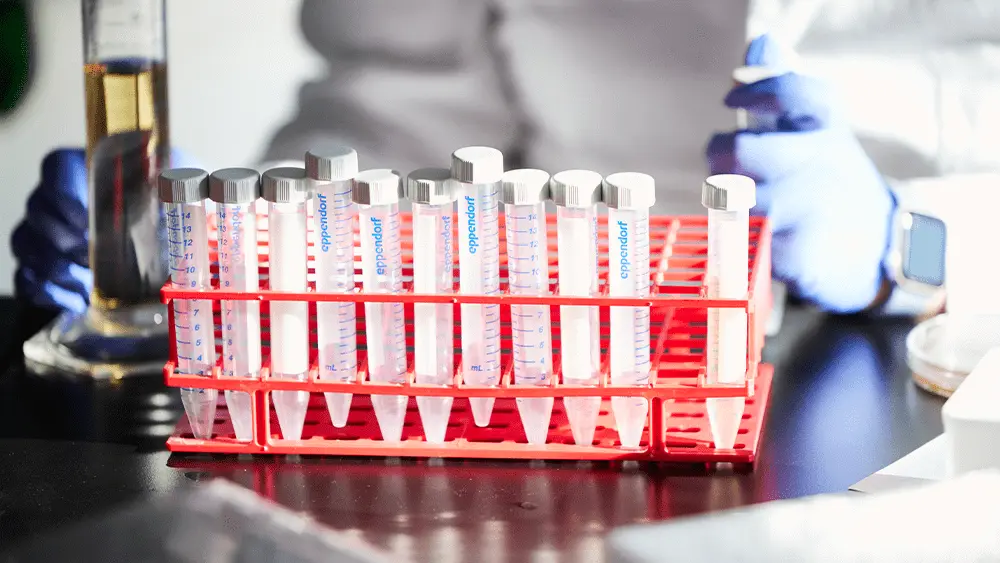
Driving clean maritime innovation
Solent supports Wightlink’s project to develop zero‑emission FastCat operations.
14 January 2026
24 September 2025
Innovative research carried out at Southampton Solent University is making strides towards combatting antibiotic resistance.
Solent University’s Course Leader Biomedical Science, Dr Jamil Jubrail and Senior Lecturer Biomedical Science, Dr Aref Kyyaly alongside public heath PhD research student, Zoobaria Zahid have published the findings of a research study exploring new methods of tackling antibiotic resistance.
It is widely known that, without a sustainable solution, resistance to antibiotic interventions pose a serious and growing threat to human health. Now, for the first time, researchers at Solent University have investigated the ability of chemicals from the plant Cirsium Arvense – also known as a creeping thistle; a wildflower native to the UK – to synergise with cefixime, an antibiotic used to treat bacterial infections, to overcome intrinsic resistance.
Cefixime is commonly used to treat a variety of ailments, from urinary tract infections and bronchitis to tonsilitis. These common illnesses highlight the essential need for a solution to human resistance to cefixime treatment. Jamil says:
“Antibiotic resistance is a major global health problem and one which we are struggling to overcome. Without any new and approved therapies, we run the risk of not being able to treat a range of bacterial infections which would place basic care, and even operations, at risk.
“Our research has shown that simple plant chemicals which are known to be antimicrobial can overcome intrinsic resistance in clinical bacterial strains that are resistant to one major antibiotic, allowing it to once again be used against these strains.”
Researchers found that the plant compounds themselves were antimicrobial towards resistant E. coli, MRSA and A. baumannii (a bacteria usually associated with infections caught while in hospital) on their own. When the team applied these compounds in the context of cefixime, they found that it was able to regain its antibacterial properties despite the strains being intrinsically resistant to the antibiotic.
“This research is pivotal because it is easy to scale up and offers the real potential to repurpose our current antibiotics to once again target the very bacteria that have evolved resistance to them,” Jamil says.
“With further mechanistic research, this could one day offer an attractive option to overcome what is a major problem in clinical microbiology.”
Following the publication of this research, the aim is to expand the study to encompass a wider range of clinical strains and antibiotics. The end goal is to identify compounds which can repurpose current antibiotics, take this forward to clinical trials and, in the words of Jamil, “make antibacterial resistance a thing of the past.”
Read the research paper here.
